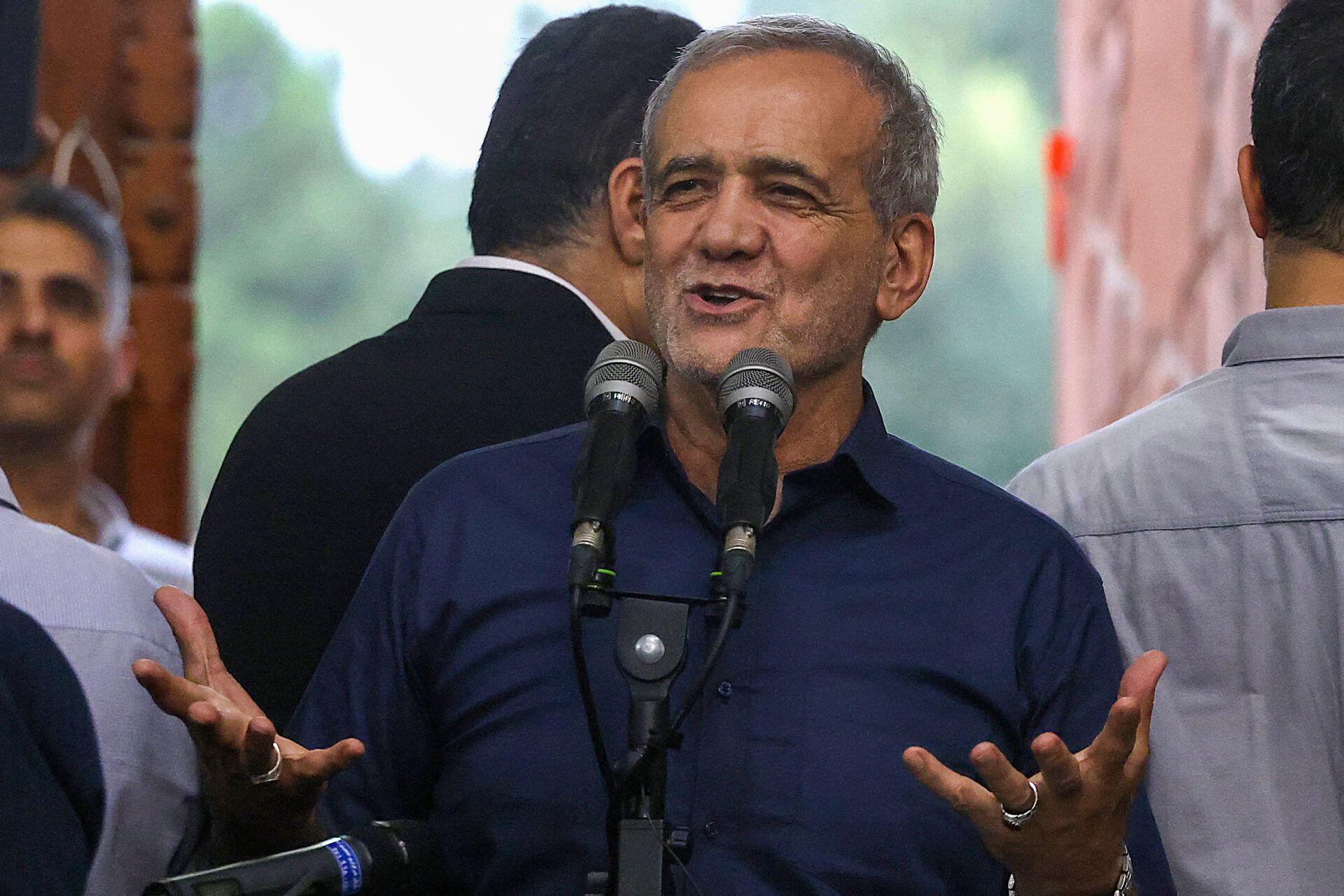(image credit: Getty Images)
In less two months the second Trump administration will begin its work and, as with other administrations over the past four decades, one of the most important foreign policy issues it will face will be Iran, its nuclear program, and its relations to the so-called “axis of resistance” that consists of Lebanon’s Hezbollah, the Houthis in Yemen, armed Shiite groups in Iraq, and the remnants of the Palestinian resistance forces.
The national security team that the president-elect has nominated consists mainly of hardline Iran hawks. Many of them have spoken in the past about the possibility or necessity of bombing Iran to stop its nuclear program, if not to overthrow the regime.
For example, Sen. Marco Rubio (R-Fla.), the nominee for secretary of state, and Rep. Michael Waltz (R-Fla.), Trump’s choice for national security adviser, have both said that Israel should not be discouraged by Washington from carrying out direct attacks on Iran’s nuclear facilities and infrastructure. Waltz has also suggested in the past that the U.S. could consider conducting its own attacks on Iran under some circumstances. Back in 2020, Pete Hegseth, Trump’s nominee for defense secretary, urged Washington to attack targets in Iran in retaliation for Iran-allied militia strikes on U.S. bases in Iraq.
The pressure on Iran increased significantly on November 21 when the International Atomic Energy Agency (IAEA) approved a resolution sponsored by the U.S., the U.K., Germany, and France that condemned Iran for insufficient cooperation with the agency and ordered its director general, Rafael Grossi, to prepare a comprehensive report by next spring on all unresolved issues between Iran and the agency dating back more than two decades.
The move appears intended to lay the foundation for returning Iran’s nuclear dossier to the U.N. Security Council by next summer, if no breakthrough in the relations between the two sides is forthcoming before then.
Iran reacted relatively mildly to the resolution’s approval, with former Foreign Minister Mohammad Javad Zarif, who now serves as Vice President for Strategic Affairs, announcing that Iran will activate some advanced centrifuges that are used for uranium enrichment.
Many observers had expected Iran to take stronger action, such as expelling IAEA inspectors, particularly since its government had only days before offered to halt its production of uranium enriched at 60 percent and impose strict limits on its stockpile, and Grossi himself had reported good progress in his talks with Iranian officials, including President Masoud Pezeshkian. But Iran’s offer to unilaterally limit its nuclear program was rejected by the three European powers as “inadequate.”
During his presidential campaign, Pezeshkian repeatedly said that, if elected, he would pursue direct negotiations with the West and the United States, a position he has reiterated frequently since his election.





